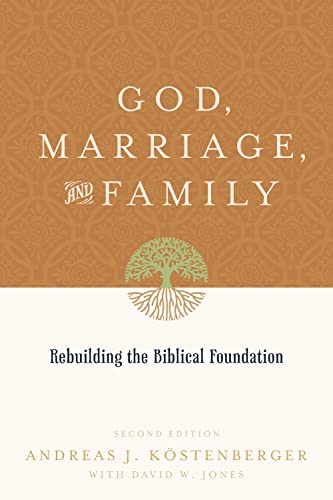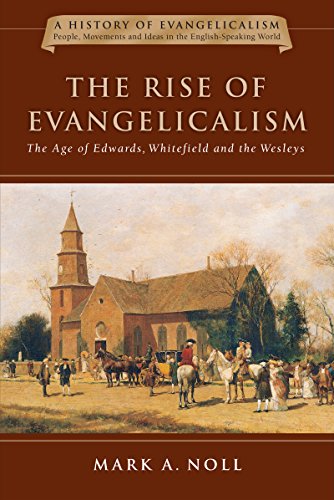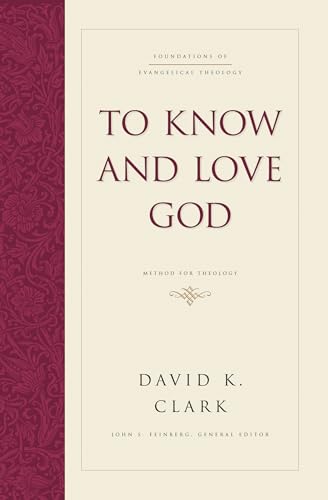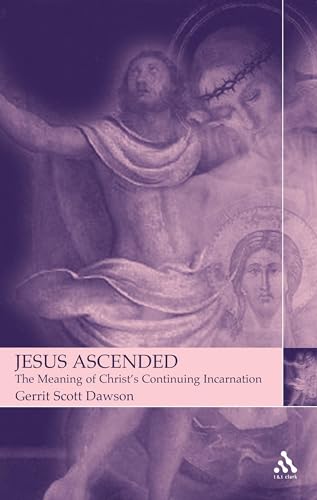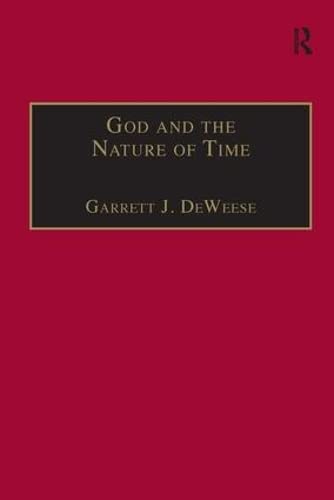GOD, MARRIAGE AND FAMILY: REBUILDING THE BIBLICAL FOUNDATION
Written by Andreas Köstenberger (with David W. Jones) Reviewed By Graham BeynonThis book is written with the desire to present an integrative Biblical position on God, marriage and family. Such a treatment is badly needed as there is a tendency today for books to be atomistic treatments of certain areas, and/or treatments that are high on practicalities but low on theology. In this sense this book fills a huge gap in the market and is to be welcomed gladly.
After a brief analysis of the contemporary crisis over marriage and the family the book moves to a two chapter survey of the biblical material on marriage in the OT and NT. A subsequent chapter ties this material together in an overview of the biblical understanding of marriage as a covenant.
A similar two chapter survey on family in the OT and NT follows. This introductory material forms the basis of the whole book. The subsequent chapters deal with more focused questions including: contraception, abortion, reproduction technology, adoption, parenting (including discipline), marriage and spiritual warfare, singleness, homosexuality, divorce and remarriage and qualifications for church leadership. As a result this book is virtually exhaustive on the issues relating to marriage and family, and if you are looking for one volume that overviews the entire area this is it. The book also has a study guide at the end with answers to the questions in a later section. This makes it very suitable for personal or group study.
The great strength of the book is this breadth of overview of the Biblical material on all of these issues. Given the vastness of the topics, the treatment is inevitably more of an introduction to the areas covered. Different positions are presented fairly and the necessary arguments rehearsed. Occasionally tables are used to good effect to summarise the positions taken and their strengths and weaknesses. While the author(s) make his position known he is careful not be dogmatic where the Biblical data is controversial. Biblical passages are dealt with well—indeed apart from an occasional misstep (in the eyes of this reviewer) this is a model of good exegesis.
Anious weakness of the book is its lack of depth. This is, however, an unfair criticism because of what the book is attempting to do. A more significant weakness is its lack of systematisation. For example the relation between marriage and Christ and the church is not adequately dealt with, and the view of family is not related to God as Father. In this sense the book is more of a comprehensive presentation of the Biblical data, than a systematisation of that data.
Given its breadth it would also have been helpful to have included mention of a couple of areas that are often overlooked. The first is abuse in marriage—verbal or physical—which if the statistics are to be believed is frighteningly prevalent. We would be foolish not to think this occurs in Christian families, and is perhaps one of the remaining ‘taboo’ subjects in the church. Secondly within the discussion on family, some treatment of the changes that take place as children grow older would have been helpful. There are numerous issues here regarding the changes in parental responsibility and growing responsibility of children for their parents.
Despite these weaknesses this is a very valuable book. It does provide a comprehensive overview that will be a valuable resource to pastors, counsellors and individuals.
Graham Beynon
Graham Beynon is pastor of Grace Church in Cambridge, UK and director of independent ministry training at Oak Hill Theological College in London.


